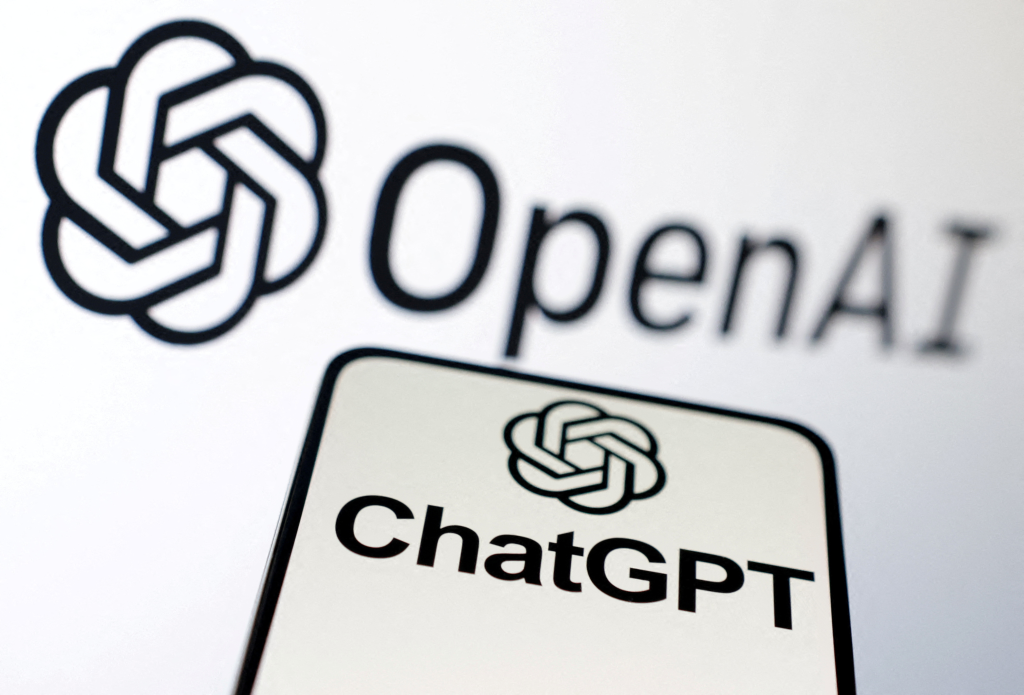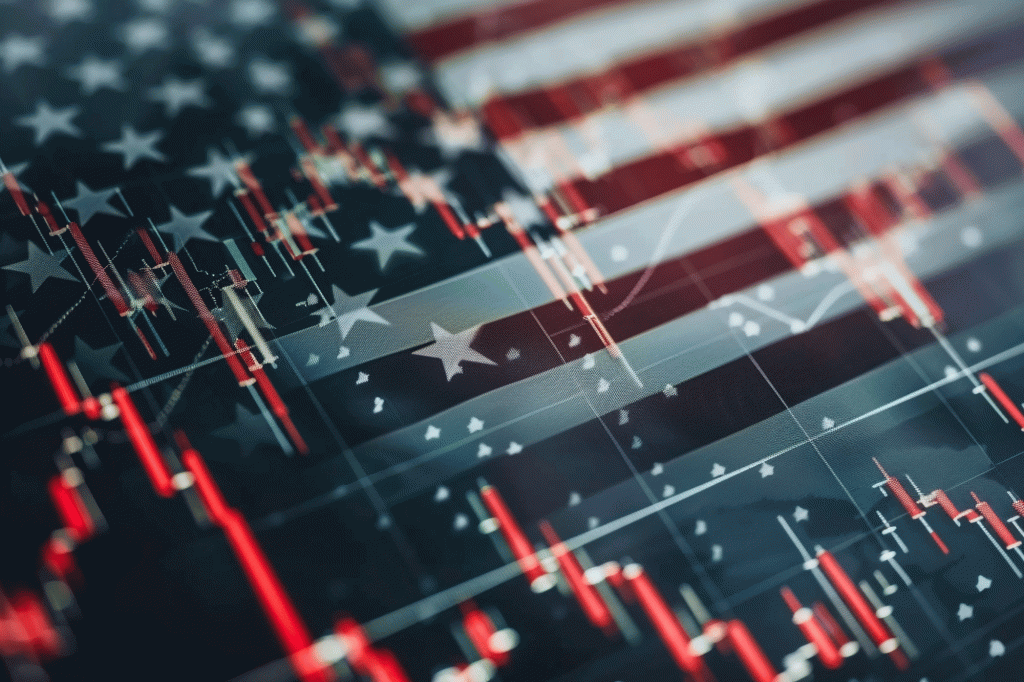Artificial intelligence companies like OpenAI are seeking to overcome unexpected delays and challenges in the pursuit of ever-bigger large language models by developing training techniques that use more human-like ways for algorithms to “think”.
A dozen AI scientists, researchers and investors said they believe that these techniques, which are behind OpenAI’s recently released o1 model, could reshape the AI arms race, and have implications for the types of resources that AI companies have an insatiable demand for, from energy to types of chips — a field dominated by Nvidia.
OpenAI declined to comment for this story. After the release of the viral ChatGPT chatbot two years ago, technology companies, whose valuations have benefited greatly from the AI boom, have publicly maintained that “scaling up” current models through adding more data and computing power will consistently lead to improved AI models.
But now, some of the most prominent AI scientists are speaking out on the limitations of this “bigger is better” philosophy.
Ilya Sutskever, co-founder of AI labs Safe Superintelligence (SSI) and OpenAI said that the results from scaling up pre-training – the phase of training an AI model that uses a vast amount of unlabeled data to understand language patterns and structures – have plateaued.
Sutskever is widely credited as an early advocate of achieving massive leaps in generative AI advancement through the use of more data and computing power in pre-training, which eventually created ChatGPT. Sutskever left OpenAI earlier this year to found SSI.
“The 2010s were the age of scaling, now we’re back in the age of wonder and discovery once again. Everyone is looking for the next thing,” Sutskever said. “Scaling the right thing matters more now than ever.”
Sutskever declined to share more details on how his team is addressing the issue, other than saying SSI is working on an alternative approach to scaling up pre-training.
Behind the scenes, researchers at major AI labs have been running into delays and disappointing outcomes in the race to release a large language model that outperforms OpenAI’s GPT-4 model, which is nearly two years old, according to three sources familiar with private matters.
The so-called ‘training runs’ for large models can cost tens of millions of dollars by simultaneously running hundreds of chips. They are more likely to have hardware-induced failure given how complicated the system is; researchers may not know the eventual performance of the models until the end of the run, which can take months.



